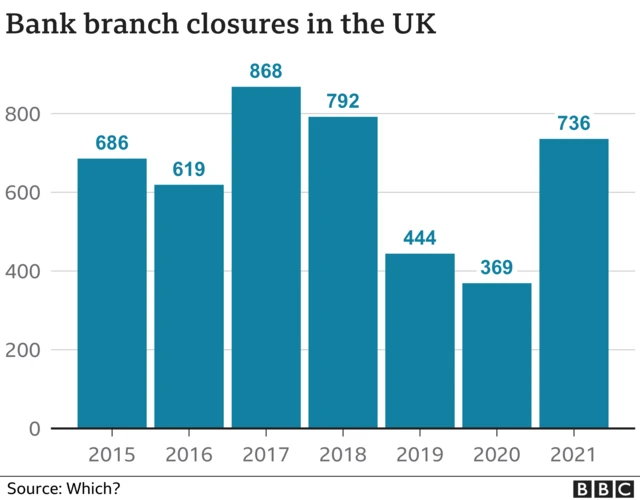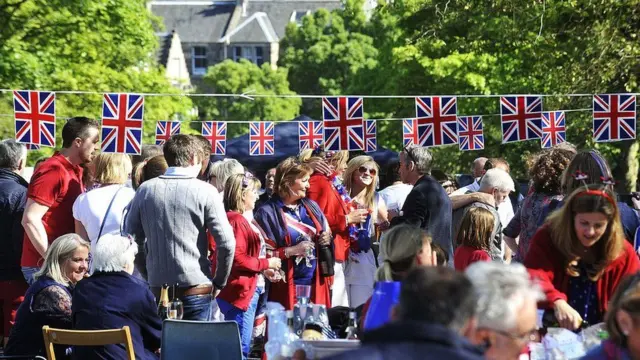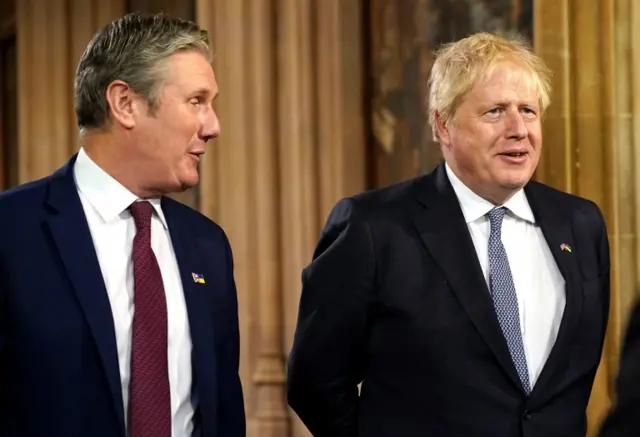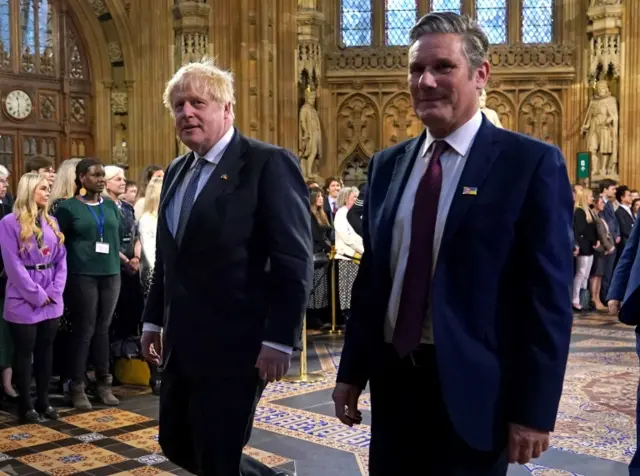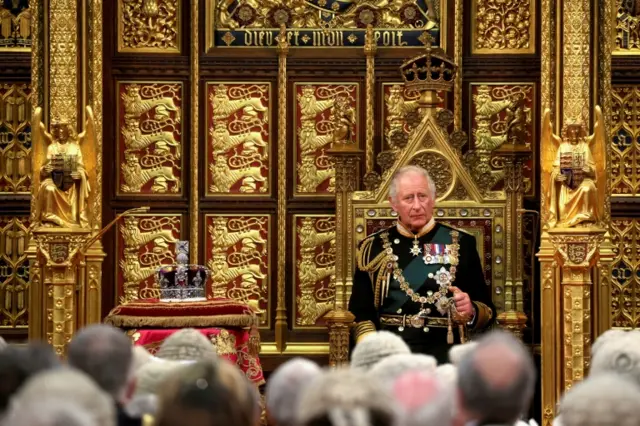Football reform measures included in Queen's Speechpublished at 13:06 BST 10 May 2022
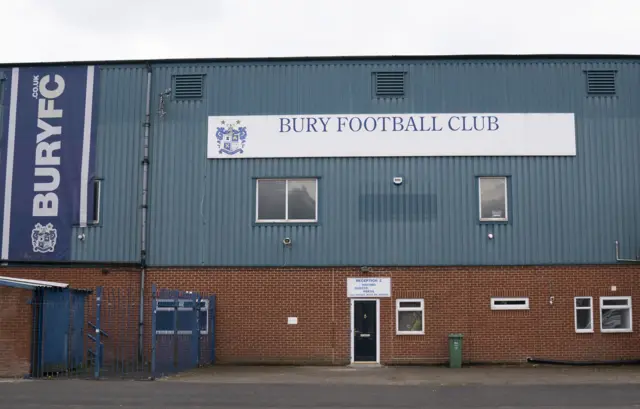 Image source, PA
Image source, PAThe Queen’s Speech promises an independent regulator for English football, aimed at ensuring clubs are run in a “more financially sustainable way”.
A new owners' test will be introduced and fans will also be involved when clubs make changes to team names, colours and badges.
The announcement follows recommendations made by a review into the men’s game, chaired by former Sports Minister Tracey Crouch.
Making the case for the change, the government cites the plight of Bury FC, which was expelled from the English Football League in 2019 after a proposed takeover collapsed.


